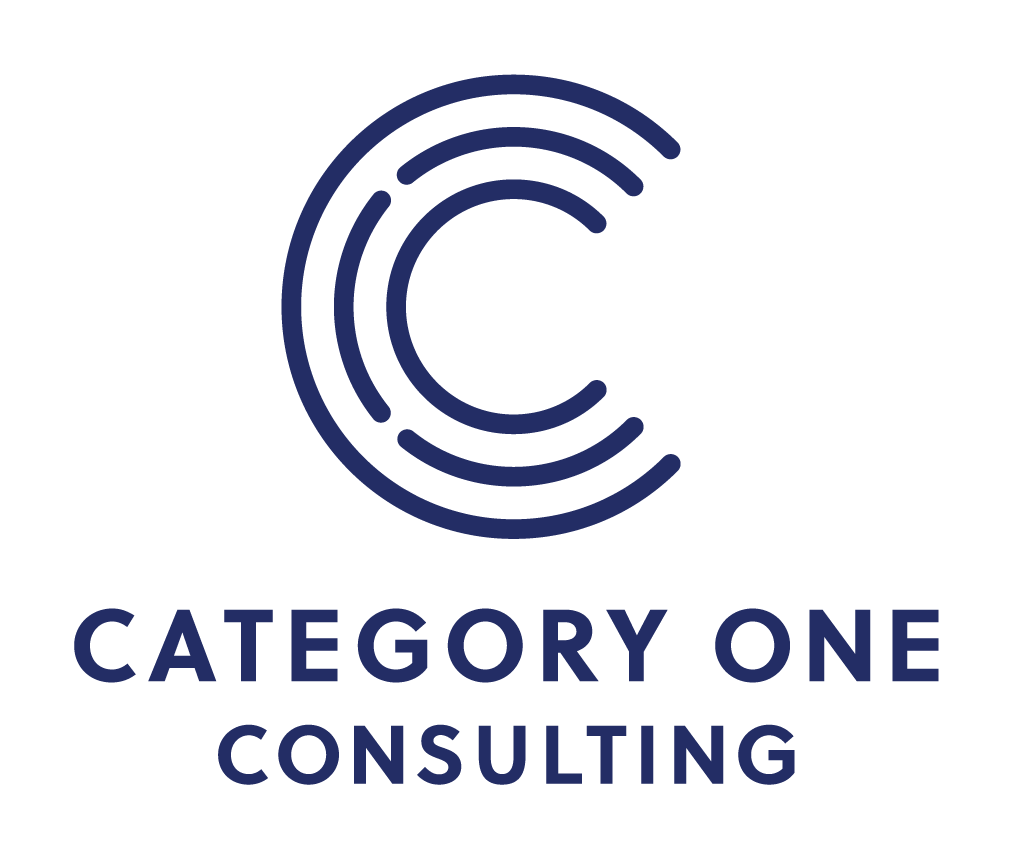Making Work Meaningful in Your Organization
Meaningful work refers to work that individuals see as significant, valuable, worthwhile, and aligning to their values and morals. Much of our time is spent in the workplace and as a result, people are looking for more from their work and their organizations. Specifically, employees are looking for satisfaction, work-life balance, flexibility, security, as well as the topic of this post – meaningful work. They are looking for their work to contribute a meaningful purpose to their lives and society. Meaningful work has been linked to several positive outcomes including higher employee engagement, organization commitment, job satisfaction, organizational citizenship behaviors, quality of work performance, and self-rated job performance. Meaningful work has also been linked to lower withdrawal intentions and turnover. In short, when employees experience meaningful work they can realize other positive benefits including job satisfaction, greater overall well-being, and higher performance.
Though finding work meaningful is a somewhat subjective experience and seemingly different for everyone, there are steps organizations can take to make work more meaningful for their employees.
Finding work meaningful can be a highly subjective and episodic process. Meaningfulness can be found in someone’s specific tasks, their job overall, the organization they work for, or the interactions they have with others. Meaningfulness in work often happens in short, specific, independent events. This might include a memorable interaction with a client or having a life changing effect on someone. Though finding work meaningful is a somewhat subjective experience and seemingly different for everyone, there are steps organizations can take to make work more meaningful for their employees.
Connect your employees with their values. We all want to be a part of an organization that aligns with our values and allows us to be our authentic selves. If your organization has a purpose, mission, vision statement, or has a set of values you abide by, ensure this is reflected in your work. The values of your organization can be reflected through the kind of work you do, how you conduct business in your organization, or how you treat your clients. For example, your mission, vision, values, and purpose should be used when recruiting to attract employees that align well with what your organization stands for. Recruiting employees that align with what you organization stands for is the first step to preparing them to feel connected to your organization and to feel meaning in not only the work that they do but the work that the organization does overall. You should also ensure that your organization’s actions and operations are congruent with your mission, values, and purpose. This allows employees to stay connected not only to their values but the values that your organization stands on and the values that attracted them to your organization.
Show appreciation for your employees. We all know what it is like to feel underappreciated or undervalued, especially in the workplace. Feeling underappreciated and undervalued makes it difficult for employees to see the meaning behind the work that they do. Use specific tactics to ensure employees know that they are valued and that their work and contributions do not go unnoticed. There are various methods that can be used to show appreciation by either management or other employees; these programs can include employee spotlights, morning shout outs, employee or the month, or small notes of encouragement from coworkers that acknowledge small incidents that they witnessed throughout the day. No matter the method used, it is best to tailor recognition to the way each employee prefers to be recognized.
Use your employee’s time wisely. It is hard to find meaning in your work when the tasks you are given do not seem to be a good use of your time. Individuals find meaning when their tasks are aligned to their skills and relevant to their job. Giving your employees mind-numbing tasks that are unrelated to their job, especially with little context or explanation of the purpose behind them gives the impression that employees’ time and contributions are not valuable and have little meaning. Ensure employees are primarily given tasks that are relevant to their positions and when they are given tasks outside of their scope, ensure that they know the reason they were chosen for the task or how the task helps the team or organization overall.
Be fair and give your employees autonomy. Being treated unfairly takes a significant toll on how safe and valued an individual feels. Ensure that you are fair with the distribution of tasks, especially significant tasks that are important to the larger goal of the organization. If there seems to be favoritism or lack of transparency in processes and decisions within the organization there can be a lack of trust among employees and the feeling of being undervalued. Autonomy in how employees do their work also helps them feel trusted and allows them to see that their individual contributions and that their judgement is trusted and valued. Meaningful work involves employees feeling connected to their work. Giving them autonomy allows them to feel trusted enough to add a piece of themselves as individuals to the work that they do and also allows them to feel as though they are making a meaningful contribution to the organization. It also allows them to make their work their own, therefore adding more meaning to their work.
Give employees intentional time to reflect as a team. The meaningful aspects of work often happen in small, passing moments. Meaning in work can come from a small interaction with a client, receiving feedback of the impact a specific person or action had on someone’s day or life, or an opportunity to go above and beyond in a way that is not typical. Sometimes these things happen independently of each other and may also happen to only one person, or they may not be directly aware of the impact of their role in the organization on clients and their colleagues. Also, when we are on the go, it is difficult to fully take in the moments where small impacts that give our work meaning are made. Give your employees space and time to intentionally reflect on their day and work as a team. This gives them the opportunity to connect with others and the organization and to see the larger impact of their work through listening to their colleagues and sharing their individual moments. It also reminds them that they are a part of a larger team with a larger purpose, and they all have a place in that. This can be done in reflection sessions and team meetings at the beginning of the day or at the end of the day. It could be done weekly, monthly, or quarterly as long as it is done intentionally. This should be a dedicated and intentional time for the team to connect, reflect on, and celebrate their work and their impact.
Meaningful work is a key component to keeping employees motivated and allowing them to feel connected to the purpose behind their work and your organization. All work has meaning, and everyone should feel as though their work and role is valued and contributes to the larger purpose of the organization and even the community. We hope these steps are helpful as you increase feelings of meaningfulness in the work you do in your own organization. If you would like additional support on making work more meaningful for individuals in your organization, feel free to reach out!

